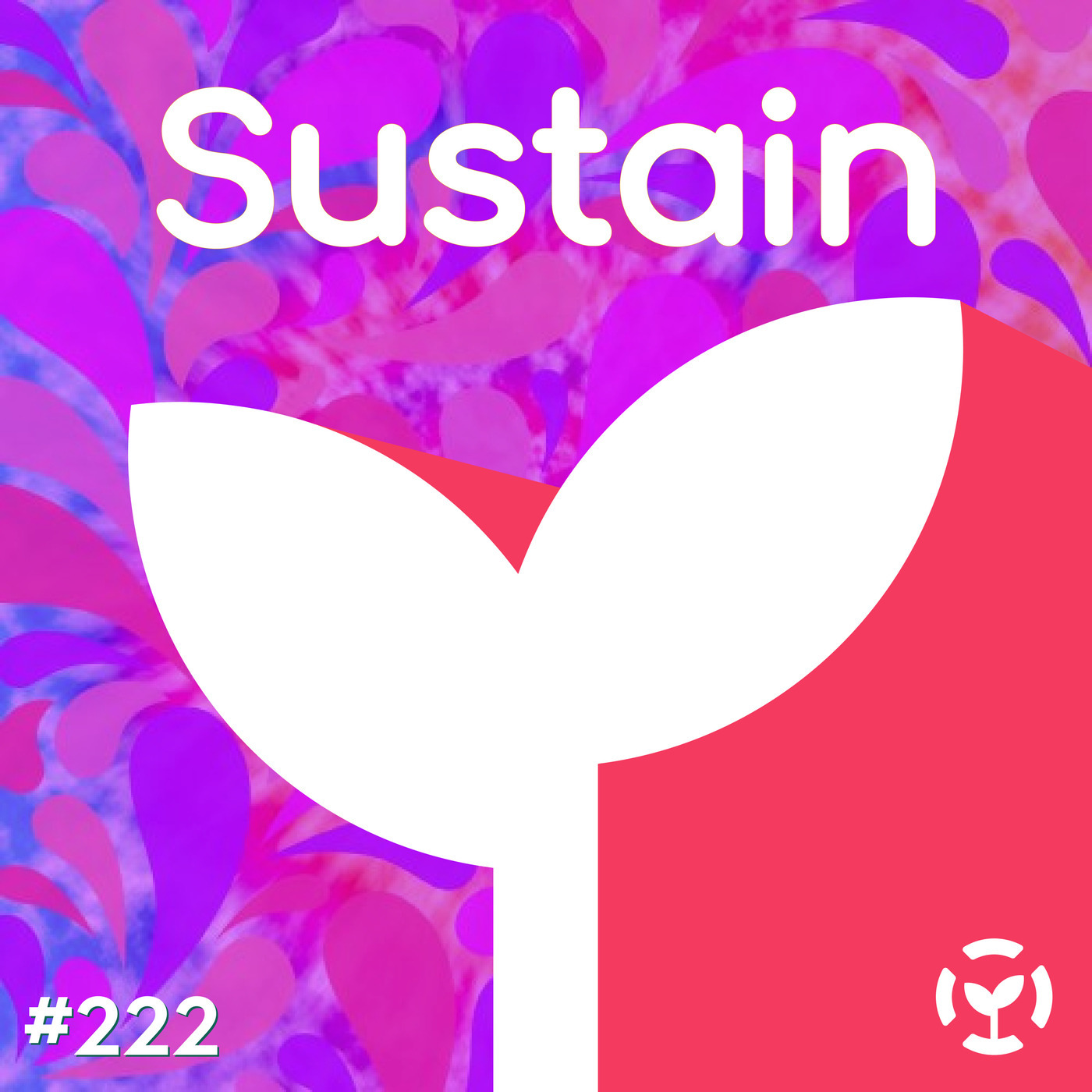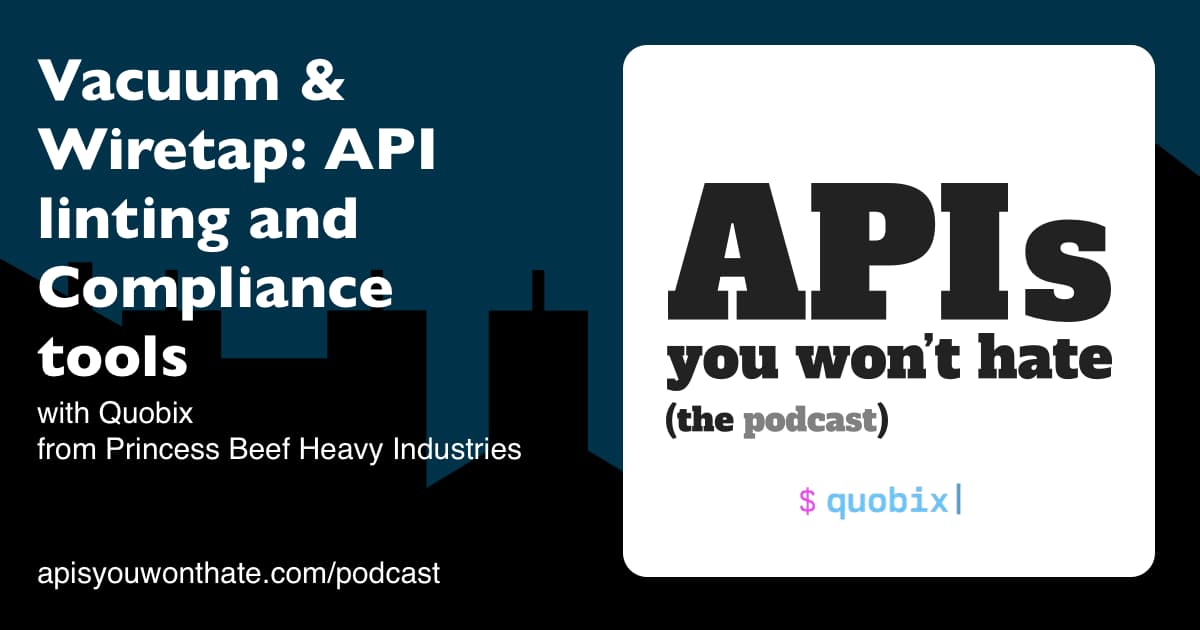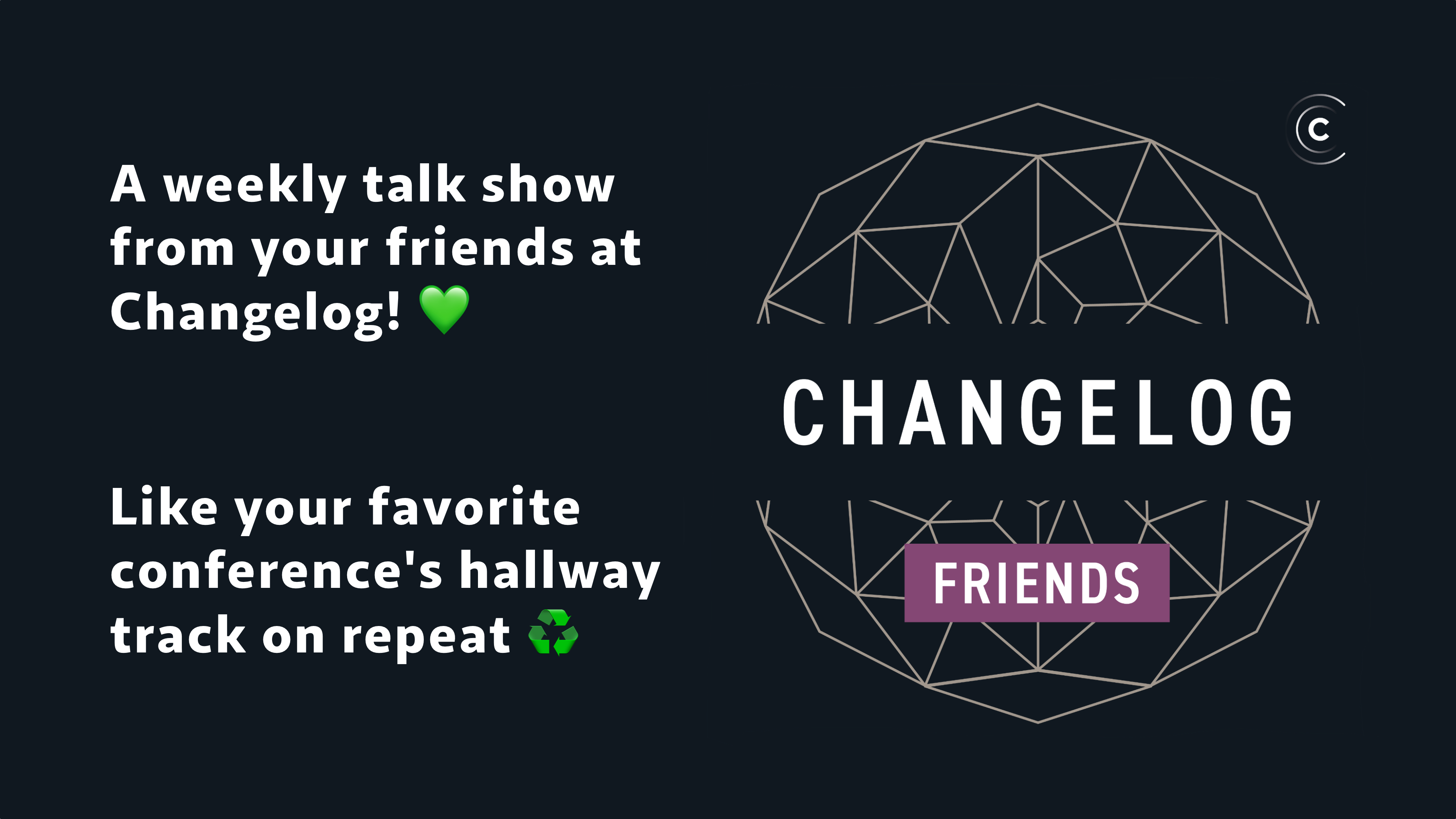Post details
Alas, torment nexus development is a highly competitive field.
This content type is full of IndieWeb post types, which are all content types which allow me to take greater ownership of my own data. These are likely unrelated to my blog posts. You can find a better breakdown by actual post kind below:
Alas, torment nexus development is a highly competitive field.
Covid sucks. Pandemics suck. I just want do to a guilt free hang at a bar
You're allowed to post on your blog once every decade, and you don't even need to apologize for it. That's also part of having your own space. Personal sites aren't a competition, and productivity doesn't have to be a metric. (note to self)
container image to single executable compiler. Contribute to NilsIrl/dockerc development by creating an account on GitHub.
China: “Remove all VPNs” Apple: “Sure thing” China: “…and podcast apps” Apple: “Can do boss!” China: “…and also hand over all iCloud data for our citizens” Apple: “I mean why wouldn’t we? Here you go!” EU: “Allow alternate app stores, and do it fairly” Apple: “Ahhh hell no! This is so unfair you guys are bullies! Malware! Privacy! We have standards! Unlike you we care about our users!”
Attached: 1 image "Enjoying Geno-cide" Unauthorized adspace poster spotted in Florence, Italy

People excusing sexism with "but maybe they're autistic", please fuck off and keep fucking off until you can fuck off no further. Signed, an #ActuallyAutistic person
I will not subtweet I will not subtweet I will not subtweet I will not subtweet I will not subtweet I will not subtweet I will not subtweet I will not subtweet
Join us for a fascinating talk with Ceora Ford, a Developer Advocate at Okta, as she explores the changing world of tech. Ceora shares her unique journey through different tech roles and talks about the importance of keeping technical skills sharp, even when focusing on advocacy. She also gives...

On this week’s episode of Screaming in the Cloud, Corey Quinn is joined by Jack Ellis. He is the technical co-founder of Fathom Analytics, a privacy-first alternative to Google Analytics. Corey and Jack talk in-depth about a wide variety of AWS services, which ones have a habit of subtly hiking...

Wes recounts how the Taliban taking over Afghanistan resulted in his bos.af domain being revoked, and discusses the intricacies and risks of getting clever country code top-level domains.

🛡️ Security updates coming on TuesdayGo 1.22.1 & 1.21.8google.golang.org/protobuf and github.com/google/protobuf🧀 Open proposal: use SwissTable to improve hash map performanceRelated releasesGopherJS 1.19 beta1 with Go 1.19 support (w/o generics)TinyGo 0.31.0 with Go 1.22 supportAround the...

This week on The Business of Open Source, I spoke with Zach Wasserman, co-founder and CTO of Fleet. This was a fabulous episode for many reasons, but then again I never do crappy episodes, right? The first thing I wanted to call your attention to is that Zach talked about how he’s building an...

Emily is a former journalist and content writer. Through a tragic event, she understood and used her professional and personal experiences and skills to reposition herself, identifying a niche in t...

Between and I took 5344 steps.
don’t mind me, just looking at messages from former co-workers from across the company saying nice things and sobbing about it on a plane 😭
I am not a fan of folks "donating" their free labor to LinkedIn's Expert Answers feature. Do this for a non-profit or the common good, but why do it for LinkedIn aka Microsoft Corp??? (Looking at you, folks in #Libraries ) #FreeLabor #UnpaidLabor #ExtractiveBusinessModels #UserReliance #CorporateDependence #Commodification #DigitalLabor #IntellectualLabor
The topic of Polyfill.io and its sale came across my radar about a week ago when Tobie Langel shared...

Slightly different The Business of Open Source episode today! I spoke with Patrick McFadin and Mick Semb Wever about the relationship between Apache Cassandra and DataStax — how it was at the beginning and how the relationship has evolved over the years. We talked about:— How there was a dynamic...

This is on-call as it should be. The secret's out. The world can finally know. incident.io On-call is here. Naturally, a lot of you may be wondering: why and why now. So to help answer those questions, we sat down with Chris and Pete, two of our co-founders here at incident.io to get a bit of background on this project: What exactly went into it? What were we hoping to solve for? How are we addressing the pain points around being on call? And most importantly, how are we stacking up against the incumbents in our space? This episode will not only get you excited about this huge week, it'll get you pumped for what's ahead for on-call. Learn more about on-call here: https://incident.io/oncall

In this episode Abi Noda is joined by Crystal Hirschorn, who leads Platform Infrastructure, SRE, and Developer Experience at Snyk. In their conversation, Crystal shares the story behind the recently founded Developer experience group, including why they named the team Developer Experience, how...

In this episode, Abi has a fascinating conversation with Rebecca Parsons, ThoughtWorks's CTO, Camilla Crispim, and Erik Dörnenburg on the ThoughtWorks Tech Radar. The trio begins with an overview of Tech Radar and its history before delving into the intricate process of creating each report...

Liz Saling, Director of Engineering at GitHub, shares the story of how the Developer Experience group was founded and why GitHub paused features for a quarter to focus on making developer experience improvements.

Run jq interactively in Vim. Contribute to bfrg/vim-jqplay development by creating an account on GitHub.
Between and I took 7159 steps.
One thing about #KubeCon that most people don't seem to know: the people who staff the project pavilions, or "kiosks" — and for several days put in some seriously hard work to represent their #CNCF project — still have to pay the *full price* of a conference ticket for doing so. And now we're all playing concerned over how so many projects are governed by only a few commercial entities ✨
Whoops I forgot about this medium again…
Thanks! I had another recommendation for it, so now I'm trying to work out how to do it locally, then it's off to CI 🤞🏽
Discover how keeping repository maintainer information accurate through CODEOWNERS files and automating maintenance with tools like cleanowners fosters efficient collaboration and sustainable software projects.

Ooh yes, it looks like it may do it, lemme check it out 👀
In this episode we’re joined by Adam Rogal, who leads Developer Productivity and Platform at DoorDash. Adam describes DoorDash’s journey with their internal developer portal, and gives advice for other teams looking to follow a similar path. Adam also describes how his team delivered value...

Does anyone know of/use an HTTP caching proxy, which can read/write cached responses to disk? Trying to reduce the overhead on an external service (during CI/CD) and allowing caching between runs
@www.jvt.me@www.jvt.me Wouldn't be surprised if it's because google is less trusted by devs now
Not sure what's caused it - or if it's related to recent discussions about Google Search being a bit naff recently - but according to Google, this last month I had ~19k clicks, whereas this time last year I had ~33k
Nathan dives into his latest creation, ”Governable Spaces”, exploring historical developments and challenges, and unveils insights into global democracy's potential impact.

Phil has a chat with Quobix about his tools for API linting, testing, and compliance. We hear the story behind Open Source tools Vacuum and Wiretap, and Quobix's journey building highly performant devtools with golang.

Between and I took 6276 steps.
I only support the death penalty in cases of aggravated infliction of a disorganized meeting.
My terminal just had the balls to tell me to buy a subscription to install updates. Fuck. That. So now I need to figure out how to get all the data I have moved around to install Debian instead.
The Zed text editor has come a long way since Nathan Sobo came on the show last year to tell us about this follow-up to Atom. Zed is open source now, has the underpinnings of collaboration built in, is beginning its journey toward full extensibility, is coming to Linux soon & shows serious promise if Nathan’s team ...

Between and I took 4833 steps.
Pro tip: Every time you see the word “inflation” in the news, just replace it with “record-breaking corporate profits”. #CorporateGreed #notInflation
Billionaires aren’t “self-made men.” Trans men are self-made men.
Attached: 2 images #OpenSource friends dinner 😀 ( @geekygirldawn@hachyderm.io @anajsana @benvantende ) #fossback

Ooh what's your URL? Or is it currently down? This was an awesome birthday present 2(!) years ago from Carol Gilabert ☺ being able to make custom t-shirts ie with her help has been awesome 😁
40 comments